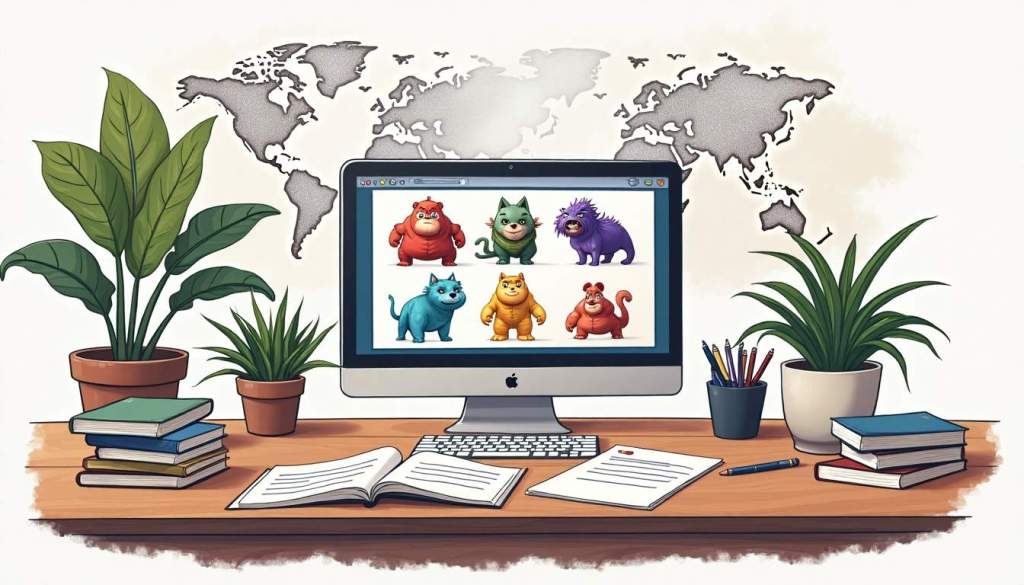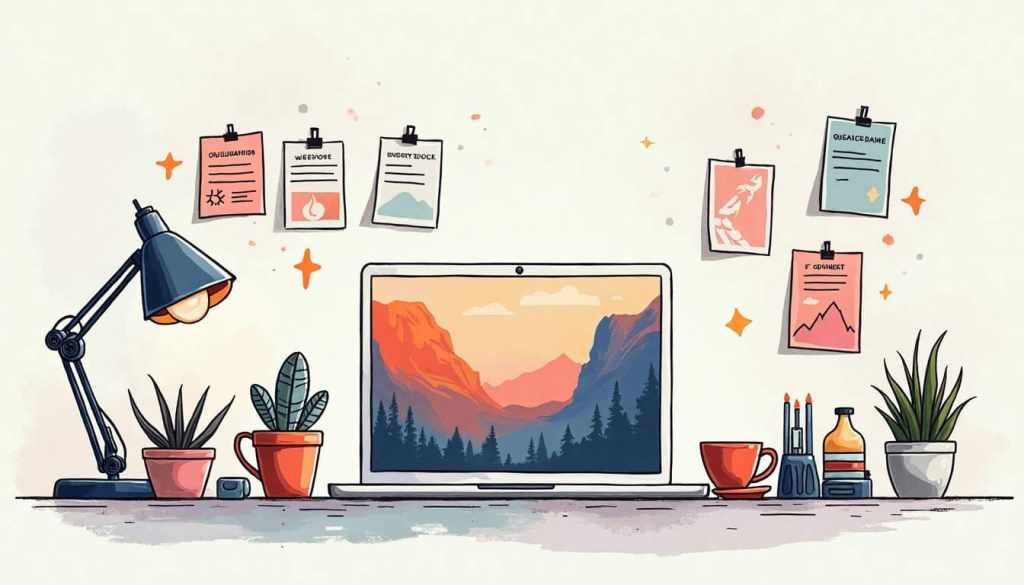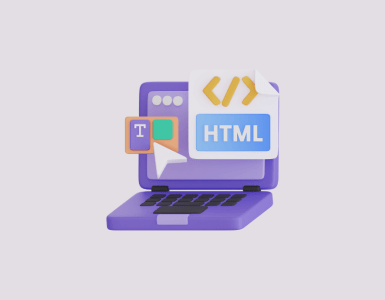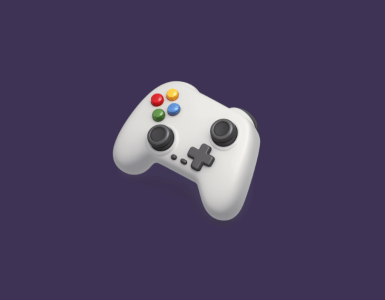In the fast-paced world of game development, hiring the right prototype game developer can make all the difference. Whether you’re a startup looking to create the next big hit or an indie studio aiming to bring your vision to life, understanding how to find and hire the right talent is crucial. In this guide, we’ll walk you through the essential steps to ensure you make the best choice for your project.
Understanding the Role of a Prototype Game Developer
Before diving into the hiring process, it’s important to grasp what a prototype game developer does. These professionals specialize in creating early versions of games, allowing you to test concepts and gameplay mechanics without committing to full-scale development.
What Does a Prototype Game Developer Do?
A prototype game developer is responsible for:
- Building playable versions of game concepts
- Testing gameplay mechanics and user experience
- Collaborating with designers and artists to visualize ideas
- Iterating on feedback to refine the game concept
Essentially, they help you validate your game idea before investing significant resources into development.
Key Skills to Look For
When hiring a prototype game developer, consider the following skills:
- Programming Languages: Proficiency in languages like C#, C++, or JavaScript is essential.
- Game Engines: Familiarity with engines such as Unity or Unreal Engine can significantly enhance the development process.
- Problem-Solving: The ability to troubleshoot and find creative solutions is crucial in the prototyping phase.
- Communication: Strong communication skills ensure that ideas are conveyed clearly among team members.
Where to Find Prototype Game Developers
Now that you know what to look for, let’s explore where to find these talented individuals. The right platform can connect you with skilled developers who fit your project’s needs.
Freelance Platforms
Freelance marketplaces like Twine, Upwork, and Freelancer are excellent places to start. These platforms allow you to:
- Browse profiles and portfolios
- Read reviews from previous clients
- Post job listings to attract talent
By leveraging these platforms, you can find developers with the specific skills you need for your prototype.
Game Development Communities
Engaging with online communities can also yield great results. Consider:
- Forums: Websites like GameDev.net and IndieDB host discussions where you can connect with developers.
- Social Media: Platforms like Twitter and LinkedIn are great for networking and discovering talent.
- Game Jams: Participating in or attending game jams can help you meet developers who are passionate about creating games.
Evaluating Candidates
Once you’ve found potential candidates, it’s time to evaluate them. This step is crucial to ensure you’re making the right choice for your project.

Reviewing Portfolios
A candidate’s portfolio is a window into their skills and creativity. Look for:
- Previous prototypes they’ve developed
- Variety in game genres and styles
- Evidence of problem-solving and iteration based on feedback
Don’t hesitate to ask for specific examples that demonstrate their ability to create engaging gameplay experiences.
Conducting Interviews
Interviews are your chance to gauge a candidate’s fit for your team. Consider asking:
- What is your process for developing a game prototype?
- How do you handle feedback and iterate on your designs?
- Can you describe a challenging project and how you overcame obstacles?
These questions can reveal their thought process and how they approach game development challenges.
Making the Offer
After evaluating candidates, it’s time to make an offer. Here are some tips to ensure a smooth process:

Setting Clear Expectations
Be transparent about:
- Project timelines and milestones
- Payment terms and rates
- Communication methods and frequency
Clear expectations help prevent misunderstandings and set the stage for a successful collaboration.
Negotiating Terms
Be open to negotiation. Talented developers may have specific needs or preferences. Finding a middle ground can lead to a more productive working relationship.
Conclusion
Hiring a prototype game developer is a critical step in bringing your game idea to life. By understanding the role, knowing where to find talent, and evaluating candidates effectively, you can set your project up for success. Remember, the right developer will not only help you create a prototype but will also contribute valuable insights that can shape your game’s future.

Ready to find your perfect prototype game developer? Explore how Twine can help you hire faster and connect with top talent in the industry!
Start Building Your Game with Twine
Ready to take the leap from concept to creation? Join Twine today and connect with a network of professional prototype game developers who can turn your vision into a playable reality. Our marketplace is tailored to match your project with the expertise it deserves, ensuring a seamless development process from start to finish. Post your project today, and start collaborating with top-tier talent to bring your game to the forefront of the industry.



